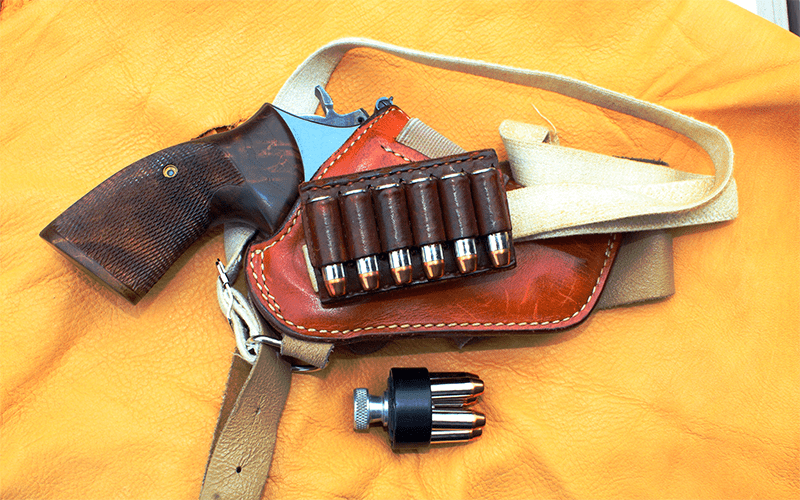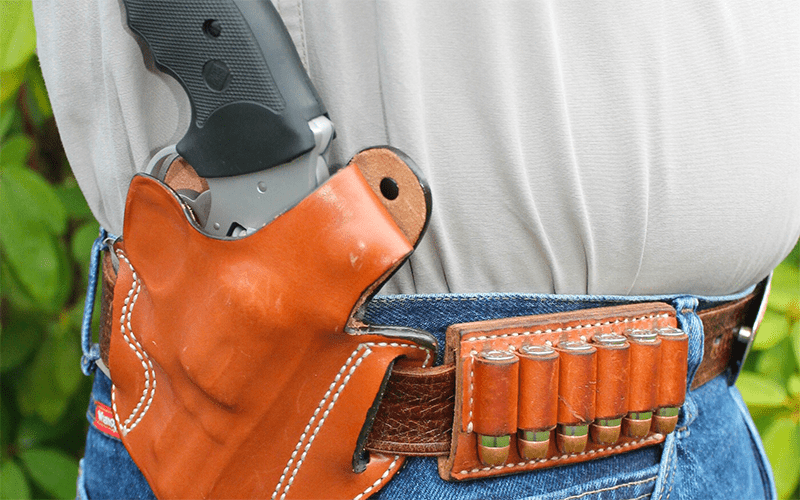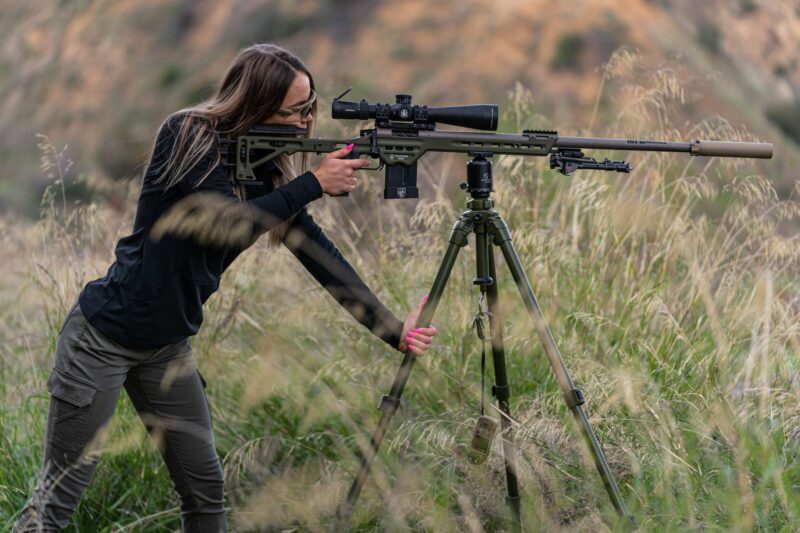Not the Only Trouble Spot
California isn’t the only state where “may issue” is a problem. Elsewhere, the practice is also under legal fire.
As noted in our last installment, the Second Amendment Foundation (SAF), Firearms Policy Coalition (FPC), Citizens Committee for the Right to Keep and Bear Arms (CCRKBA) and Maryland Shall Issue, Inc., along with three private citizens, filed a federal lawsuit against Maryland Attorney General Brian Frosh and State Police Secretary Woodrow Jones III.
But now we’ve got a few more details, and the legal terrain has changed thanks in no small part to President Donald Trump’s nearly four-year effort to fill federal court vacancies with “conservative constitutional” judges rather than liberal activists and the process includes three Supreme Court associate justices.
The gun rights strategy seems to be filing a slug of federal lawsuits in hopes of eventually getting one or more before the high court. Prior to the arrival of Justice Amy Coney Barrett, who replaced the late Ruth Bader Ginsburg, it is believed conservatives on the court were apprehensive about hearing any more Second Amendment cases because they weren’t sure how Chief Justice John Roberts might tilt, even though he sided with the majority in the Heller (2008) and McDonald (2010) cases more than a decade ago.
But right-to-carry is a critical issue because activists want the court to flesh out what the “right to bear” arms is all about in the Second Amendment and a majority of state constitutions. Heller and McDonald protect the “right to keep” arms, but the court needs to define the right to carry a gun outside the home. This may seem a silly technical sticking point, but gun prohibitionists want us all to believe the Second Amendment is confined to someone’s residence.
The Maryland lawsuit challenges that state’s requirement for carry permit applicants to provide a “good and substantial reason” for wanting to be armed in public. Maryland bureaucrats have been denying applications for years using this as an excuse. The case was filed in U.S. District Court for the District of Maryland.
Several days earlier, on Nov. 4, SAF and FPC filed a federal lawsuit against the City of New York and Police Commissioner Dermot Shea. This case challenges “New York City regulations that essentially combine to ban average law-abiding citizens from carrying loaded handguns outside the home for personal protection,” SAF said in a news release announcing the lawsuit.
The New York City lawsuit came only 48 hours after SAF, FPC and the New Jersey Second Amendment Society filed a federal lawsuit in U.S. District Court for the District of New Jersey, challenging the Garden State’s restrictive concealed carry scheme, which also requires a “justifiable need.”
Named as defendants are Clayton Police Chief Andrew Davis, Guttenberg Public Safety Director Robert D. White, Guttenberg Police Officer-in-Charge Juan Barrera, State Police Supt. Patrick J. Callahan and Attorney General Gurbir S. Grewal.
https://www.saf.org/saf-files-federal-lawsuit-challenging-maryland-concealed-carry-ban/
https://www.saf.org/wp-content/uploads/2020/11/1-Complaint.pdf
https://www.saf.org/saf-fpc-challenging-restrictive-n-y-city-carry-law-in-federal-lawsuit/
https://www.saf.org/wp-content/uploads/2020/11/127127918216.pdf
https://www.saf.org/saf-files-federal-lawsuit-challenging-restrictive-new-jersey-carry-laws/
https://www.saf.org/wp-content/uploads/2020/11/01-Complaint.pdf
Perhaps the best quick online resource for carry laws is a website called handgunlaw.us. At last look, handgunlaw.us showed the following states still retain their restrictive “may issue” statutes: California, Connecticut, Delaware, Hawaii, Massachusetts, Maryland, New Jersey, and Rhode Island.
The main page features a map of the United States. Click on each state and one goes to that specific state where the laws, rules and regulations are spelled out. It also provides information from U.S. territories.
By no coincidence at all, there are links to SAF, National Rifle Association, Gun Owners of America, Jews for the Preservation of Firearms Ownership, the American Firearms Institute and the Open Carry website.





